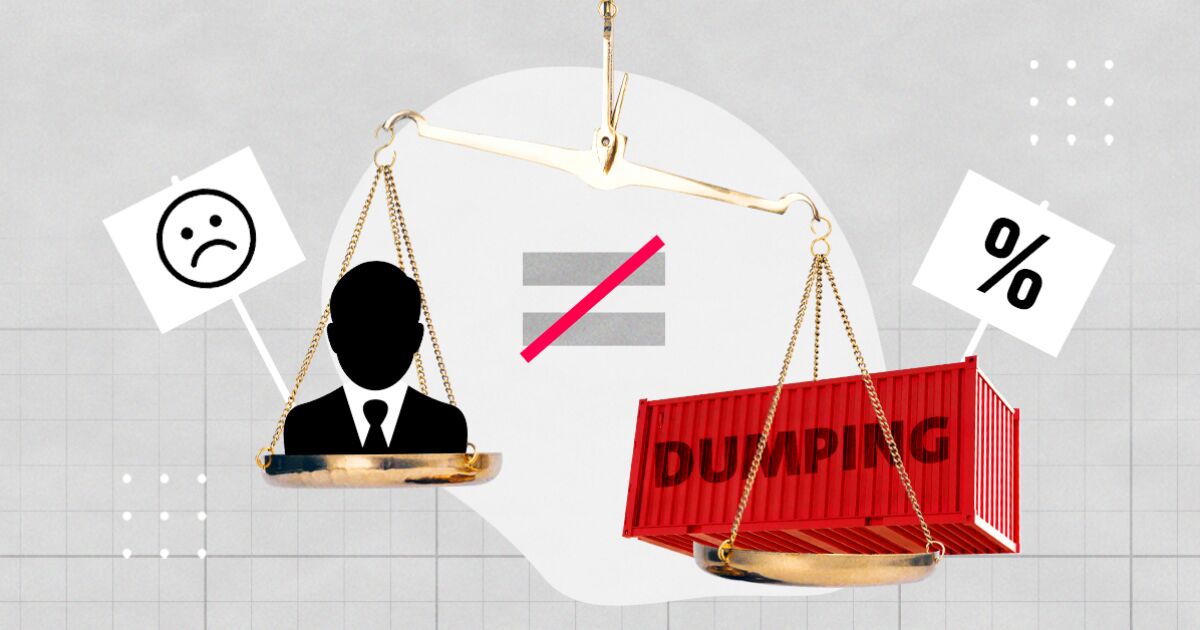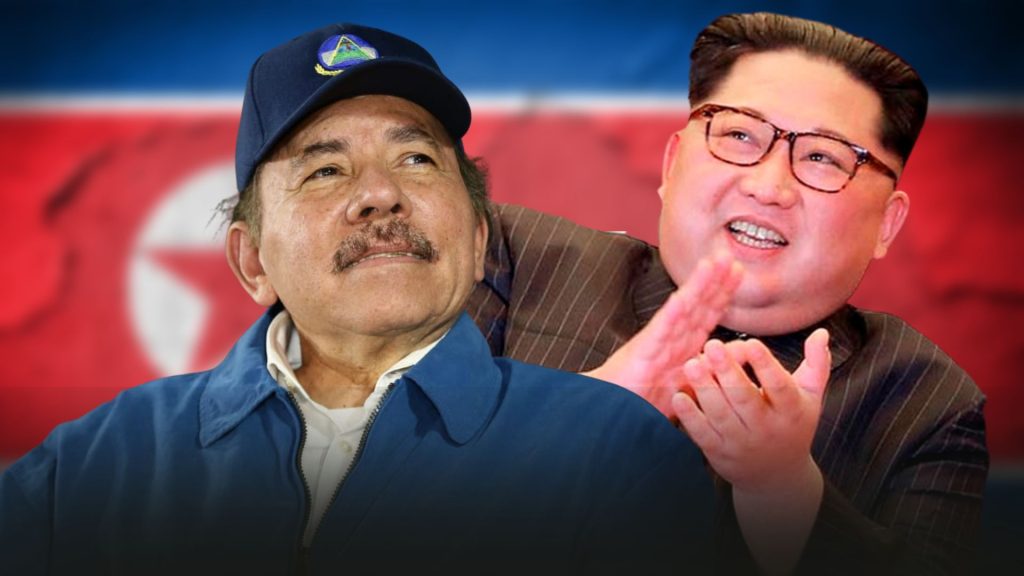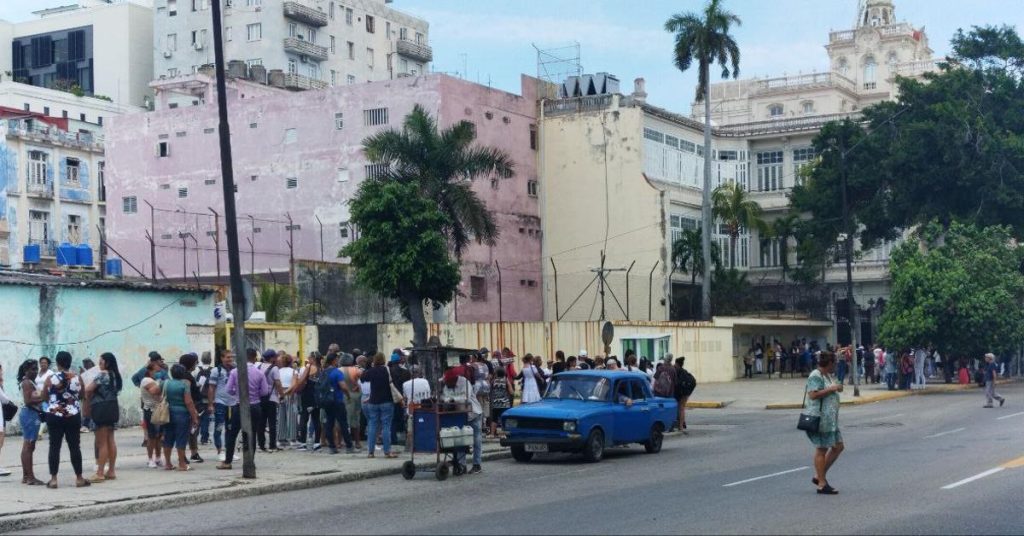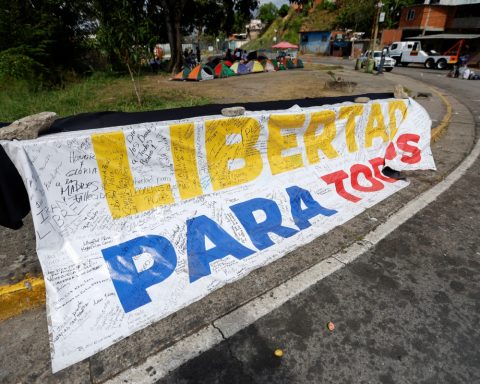To prevent these practices, for example, countries can impose quotas on the import of products to compensate for this difference in prices, since the passage of these undervalued goods creates unfair competition in the market they reach. Also to avoid problems at customs, these types of goods are smuggled.
Why does it create unfair competition?
Some countries can offer products cheaper than those available on the import market because their production can be subsidized by a government, or they have a greater productive capacity to meet product demands. They have access to cheaper materials and labor.
Competition is unfair because goods are not offered under equal conditions for production. The massive arrival of cheap products can damage national industries, as has happened in recent decades, such as the clothing and footwear industries in Mexico.
To resolve these types of disputes and determine whether a country or company is engaging in commercial dumping, there are different mechanisms in international treaties, such as the United States-Mexico-Canada Agreement (USMCA), while the WTO has an Antidumping Committee which examines the most recent notifications relating to antidumping measures and legislation.
Under the WTO, the Anti-Dumping Agreement requires its members to notify in a timely and prompt manner all preliminary and final anti-dumping measures they adopt. In October and April, Mexico and a dozen other countries submitted notifications at a meeting, and more are expected to be reviewed at another meeting on October 28 of this year.

















